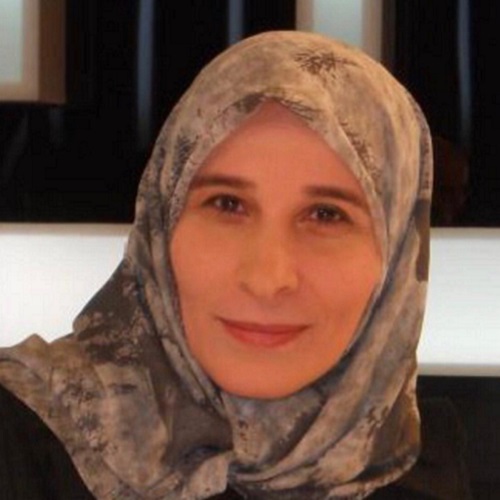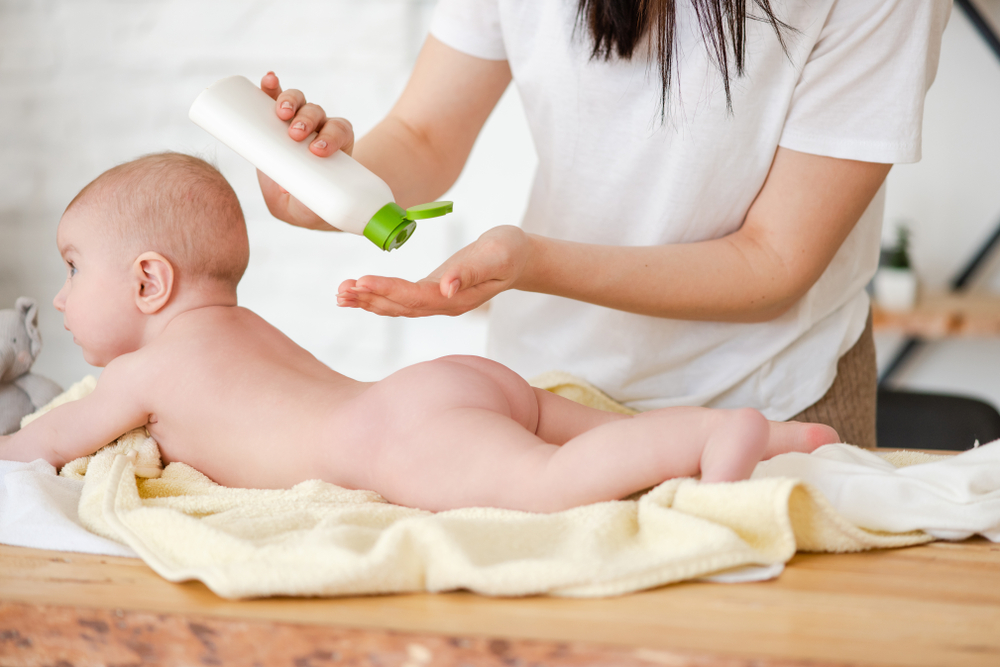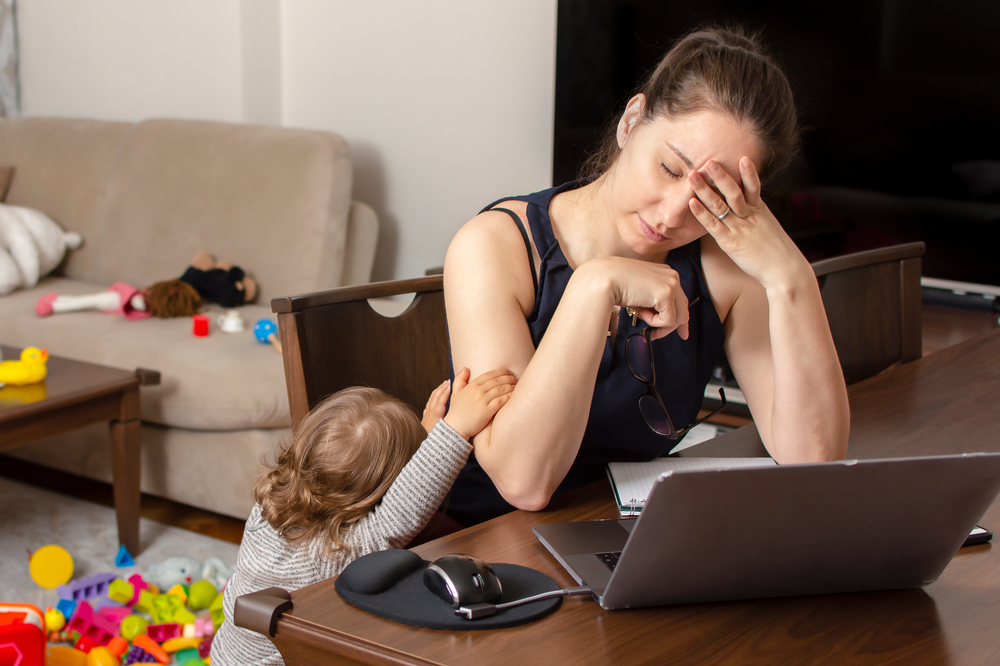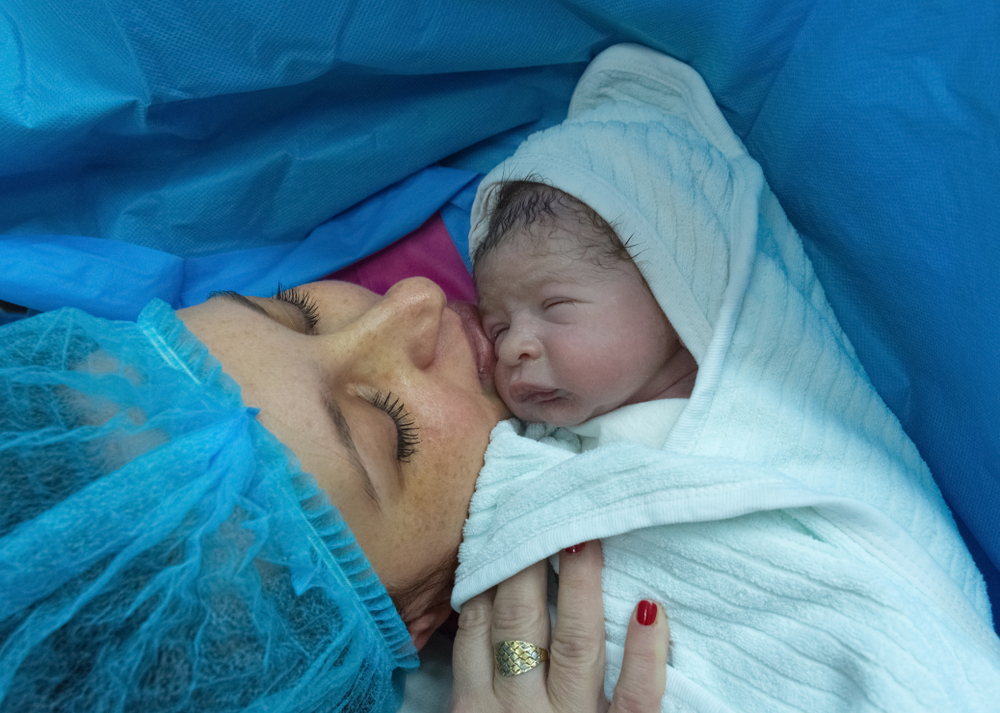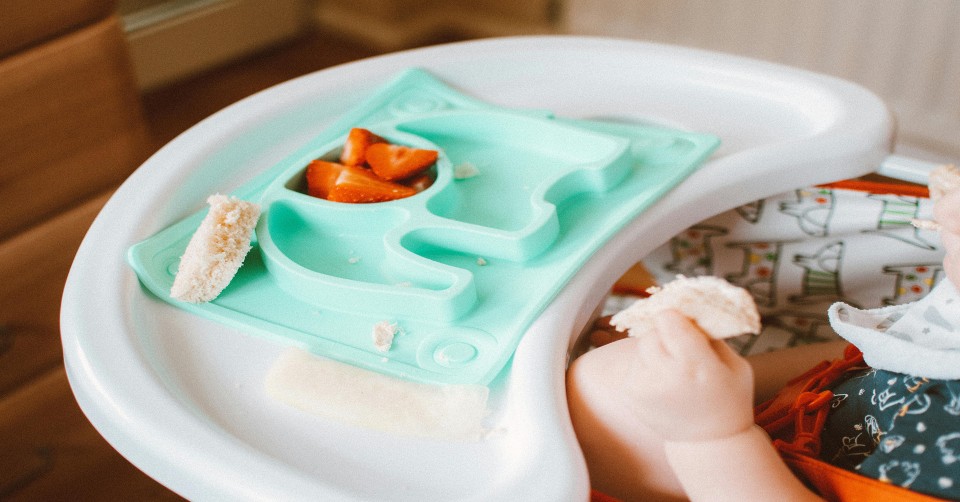Mothers’ Stories
How Did My Young Student Cope with Diabetes?
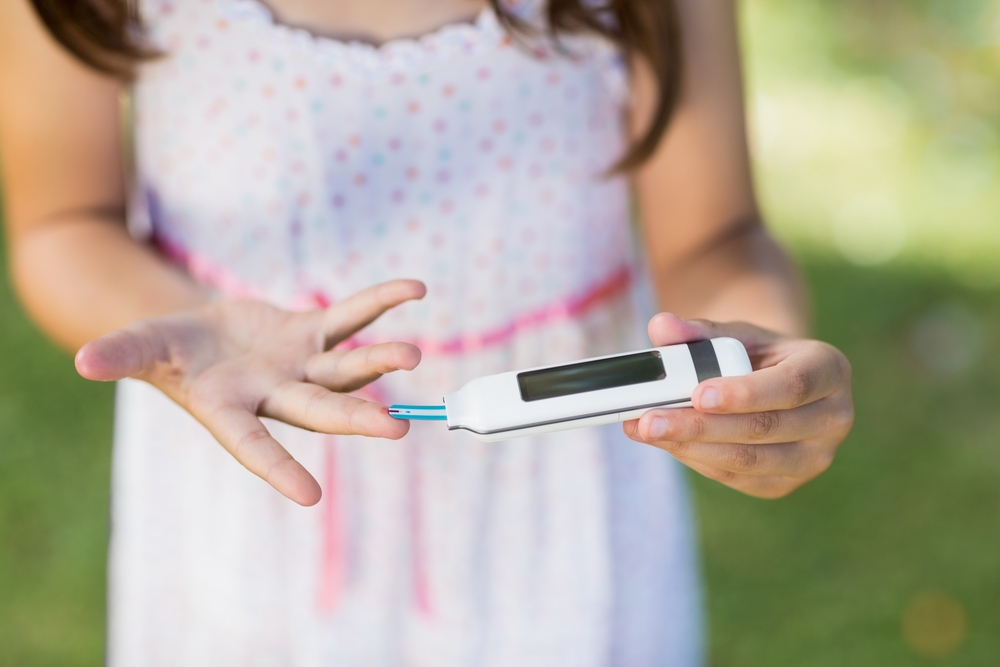
Denial is a common phase some people go through when diagnosed with a chronic disease, however, accepting this new fact is quite a difficult task, especially when it happens for children at young ages.
Families may react negatively to a child’s diagnoses, but this never negates the fact that this disease is real and is happening inside their child’s body, and their role is to accept, support and contain.
While other families tend to have positive reaction, they follow with their children a different life style to help them overcome and continue living with the disease. And this what really works!
And from my position as a counselor and social specialist, I can talk a lot about the difficulties children with chronic illness are facing, and the ways of acceptance and adaptation that need to be provided by their families, school and society. But I thought that telling a real success story that I have personally witnessed and supervised will be better.
The story is for one of my students at the school where I work as a social counselor, my amazing student Shaikha Al Kaabi, every time I talk about her courage and the way she managed her disease I feel proud and grateful! She showed me life as I have never seen before! Shaikha taught me a lot... and here is her story:
“Hello my name is Shaikha AlKaabi, my story began on 14. November .2011. Eight years ago, I was a normal child, active and playful. Before going out my mother made sure every child went to the restroom, after a while none of my siblings would ask to go to the bathroom except me. We thought it was a normal thing coming out from a 7-year-old girl.
When I came back from school, I always felt tired, and dizzy after using the stairs, and wanted to sleep all the time. One day I got close to my mother to kiss her and she smelled a weird smell, she says it’s like an expired fruit. I lost allot of weight, my mother didn’t think it was a serious illness, because she took me to several doctors, and gave me a normal check-up. My symptoms have increased, later my mother asked for a blood test (A1C), and the result was… I had diabetes!
My mother didn’t accept the fact that I was diabetic, she was shocked and miserable, then came my father and motivated and supported my mother and me.
My doctor decided that I’d stay in the hospital for a week. Through that moment we’ve learnt how to insert needles and calibrating carbohydrates and get used to insulin. I got to meet several families with diabetic children who were all younger than me, my mother went to show Them some support and told them that they’ll pass through this moment successfully. I remember getting out the hospital exited because of the amount of presents I’ve got!
My mother communicated with my school and told them about my condition, in return, they have showed huge support and facilitation, which I will never forget!
They handled me well, they treated my hypers and hypos all the time. They accepted the fact that I need to drink and use the restroom in the need. In my physical education class they always made sure I wasn’t on a low or a high and kept asking “are you okay?” to make sure I have the ability to continue an activity.
They took good care of me, if I ever missed a check to the nurse they’d remind me and made sure I’m on the safe side.
I had to change my life to a healthier lifestyle, working out every day, drinking the correct amount of water, making sure I checked my blood sugar level at least 6 times a day, and making sure my insulin was taken. My school covered most of what was needed throughout my attendance.
I visited my doctor weekly, then monthly. One day I had my blood test taken, the result was late… Later my doctor called my mother and confronted her with my HBA1C, “congratulations Shaikha’s HBA1C is 6, and it is normal”. I was proud, I was unbelievably excited. I’ll admit it was hard, yet I did it at a very young age.
Living with a chronic disease doesn’t mean to give up and let the illness control you, instead you have to control it, and my dreams are still as they were and better, I believe everything happens for a reason. Just have faith in destiny and destiny itself. Thank You.”
After sharing my students story, I would like to convey a message to all families and educators, that it is our responsibility as a society in general and as a family in specific to play a positive role towards our children who are suffering from chronic illness, in terms of acceptance and support, so they do not suffer the pains of disease and isolation at once!
Children of chronic illness need to live in the community and to have ordinary school and social life like anyone else, and not to be forgotten bedridden or absent from school and out of all social activities that other children usually do. As this will affect them psychologically and can cause them health deterioration!

